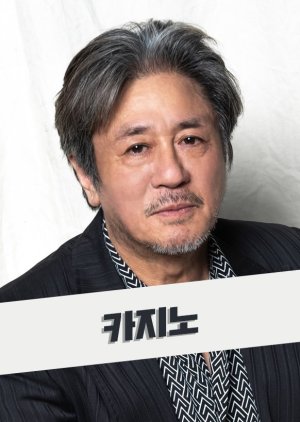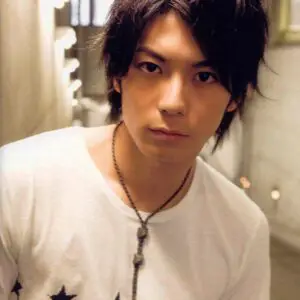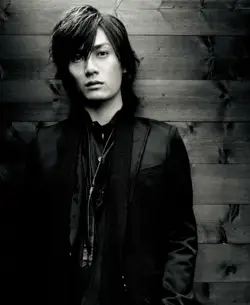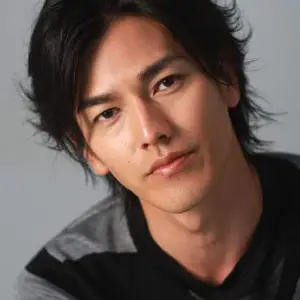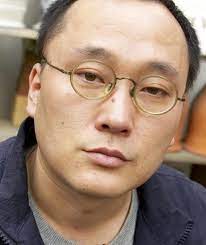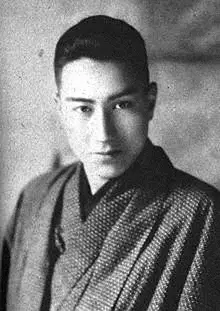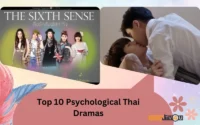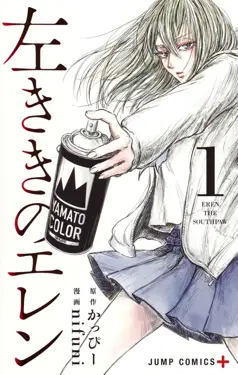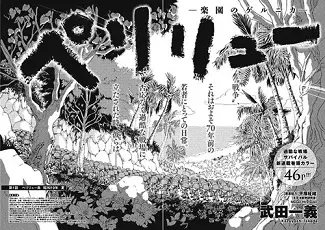
Drama Digest
Sano Bungo (Suzuki Ryohei) was convicted of 31-year-old serial poisoning murders and given the death penalty. His family has had a problematic existence because they are the murderer’s kin. However, when his son Shin (Takeuchi Ryoma) is sent back to the time just before the murder, he finds parents who are content and in love. Shin sets out to learn the truth and becomes adamant about rewriting the past since he believes his father is innocent.
The Feel-Good Part
When we weren’t sure if Shin’s father was indeed a murderer or if the real criminal was someone else, the plot was exceptionally beautifully constructed. Additionally, you couldn’t help but assume that everyone involved had some ulterior reason to frame someone for murder, given that the incident took place in a small community where everybody had their secrets and goals. The songwriting is excellent.
The Disappointing Factor
Theseus no Fune is tedious and predictable, and it lacks the rewarding plotline that other detective, time-travel dramas provide. Almost half of the film’s running length is devoted to the main characters’ formulaic romantic developments, boring and repetitive inner monologues, and aimless rambling around the film’s ostensibly little village. The drama’s attempt to strike a balance between a complicated but predictable plot and emotional passages ultimately leans more toward the latter, which frequently becomes a monotonous filler.
In-Depth Analysis
Young Tamura Shin has been looking into the circumstances surrounding the crime that his father, a policeman, committed and how they affected their family’s future. Shin and his mother have had to live in hiding because of public backlash since his father’s incarceration. Shin decides to see his father in prison after hearing from his devoted wife one day to try and give his dad the benefit of the doubt. But when he approaches the ancient crime scene, a strange mist envelops him, and he finds himself traveling back in time. Right before the crime, in the year 1989, Shin finds himself. The scene of the crime has changed into a winter town. Shin recognizes his kind, grin-filled face in this hamlet. He won’t lose his family if he ends his father’s case. This motivates him to break the taboo against changing the past.
Star Power
Shin’s incapability as the primary protagonist seems to be hindering Takeuchi Ryoma’s acting. But among the drama’s principal characters, Suzuki Ryohei’s performance stood out as particularly strong.
Overall Opinion
While this series is watchable overall, it falls short compared to other dramas of a similar genre like Signal and Erased. It’s similar to receiving puzzle pieces without knowing what the whole picture would look like; as you try to put the pieces together, you either get closer to completing the picture correctly, or end up being deceived. But after you discovered the whole truth, all the puzzle pieces that had previously been puzzling you started to make sense and increases the intrigue of identifying the genuine perpetrator.

